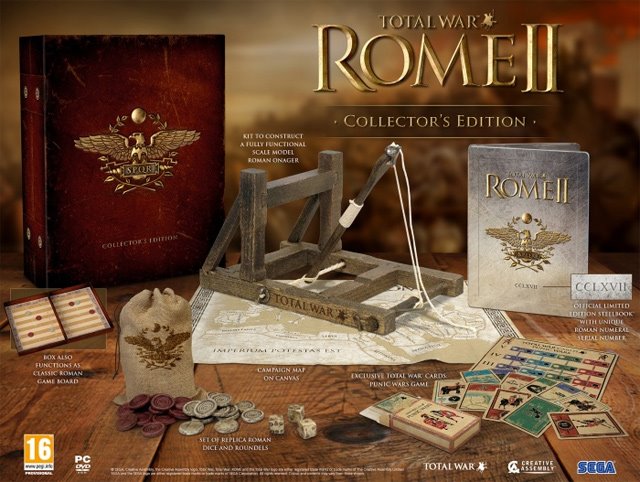Microsoft’s long-time preparations for the Xbox One launch has had its fair share of news over the past several months, and Microsoft CEO Steve Ballmer’s announcement that he will leave the company next year is shaking things up even more.
Ballmer recently announced his plans to retire sometime within the next 12 months, although he intends to remain at the helm of the company until Microsoft can appoint a new CEO.
“There is never a perfect time for this type of transition, but now is the right time,” said Ballmer in a press release. “We have embarked on a new strategy with a new organization and we have an amazing Senior Leadership Team. My original thoughts on timing would have had my retirement happen in the middle of our company’s transformation to a devices and services company. We need a CEO who will be here longer term for this new direction.”
One immediate result since Ballmer’s decision: Microsoft stock gained more than 8 percent, making Ballmer’s enormous Microsoft stock holdings worth a cool $1 billion dollars more with his decision.
A CEO transition like the one Microsoft is currently undergoing affects any company large and small, but the Xbox One direction and launch plans have been set in stone for awhile. The Xbox business is worth several billion dollars to the Redmond-based giant, and we don’t expect Microsoft’s overall direction with their home entertainment division to deviate from its set course.
Xbox One is scheduled for release in the U.S. later this year.
Source: TechCrunch

